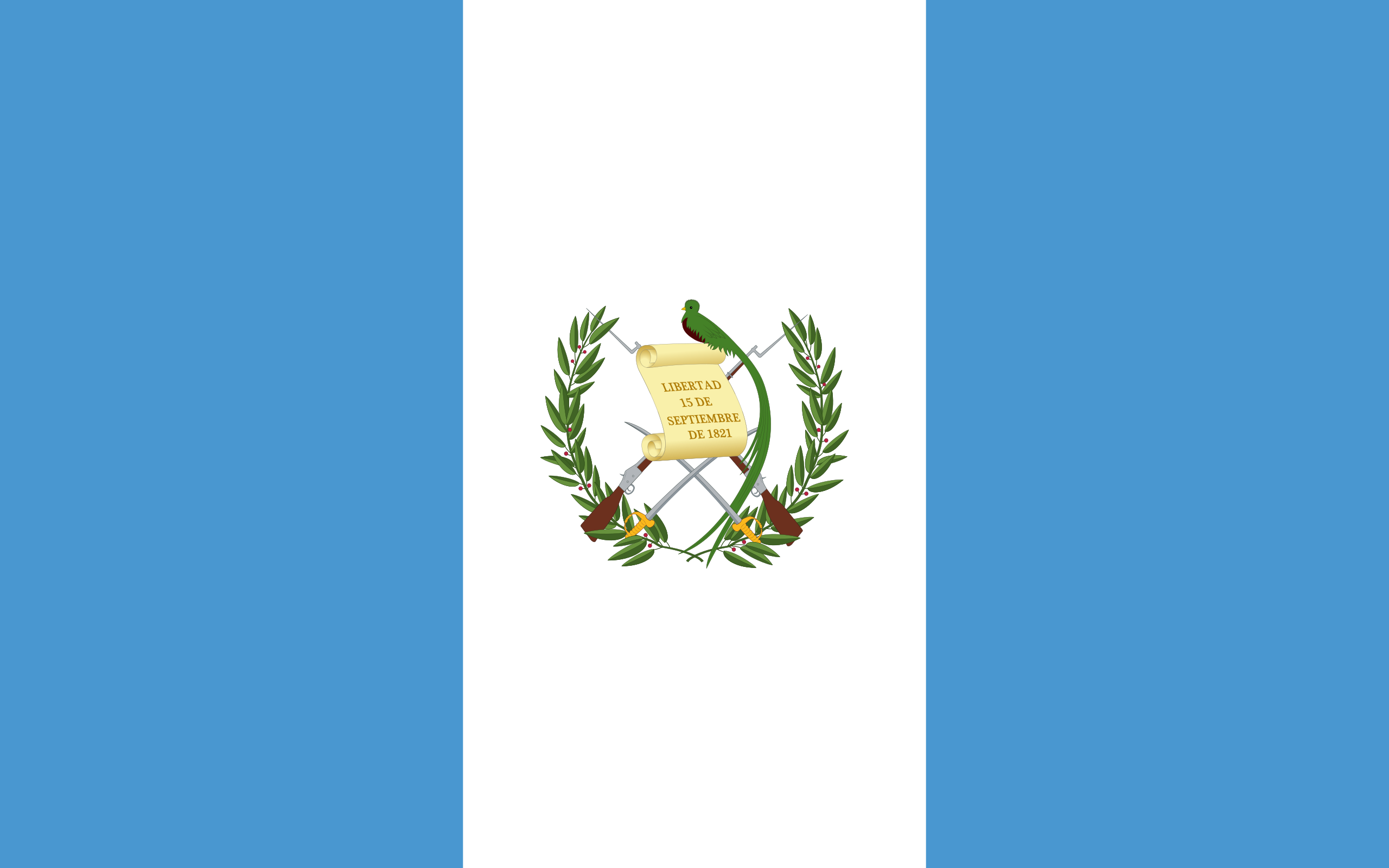In the months leading up to the Guatemalan presidential election on June 25, the Supreme Electoral Tribunal (TSE) has denied left-wing Indigenous leader Thelma Cabrera the ability to run as a candidate. As a pretext, the TSE says that Cabrera's vice-presidential candidate, Jordan Rodas, would not meet all legal requirements. This is most likely based on complaints against him for his prior work as the national Ombudsman for Human Rights (Procurador de los Derechos Humanos). On February 3, the TSE blocked Cabrera from registering as a candidate. After Cabrera appealed, judges validated the rejection of her candidacy on February 16. As a last chance to be registered for candidacy in the election, Cabrera now has to apply in front of the Guatemalan Constitutional Court.
In protest of the court's ruling, farmers blocked twelve national highways and the Movement for the Liberation of the Peoples (MLP) and supporters took to the streets. Indigenous environmental activist Bernardo Caal Xol stressed that "Preventing the registration of Thelma Cabrera as a presidential candidate is an act of racism." In fact, it is believed that corrupt groups and the far-right have mobilized to prevent Cabrera from running in the elections.
Thelma Cabrera, who already took part in the 2019 presidential elections and won 10% of the votes, has since risen in popularity and is believed to be an actual threat to the right-wing candidates. Thelma Cabrera, the former attorney general, and Jordan Rodas, the former ombudsman for human rights, were fired from their posts by the right-wing administration in Guatemala. Both are now living in exile.
It is apparent that the Guatemalan ruling body fears a loss of power and an Indigenous, leftist government. The recent protests have shown that especially the Indigenous population is fed up with the rule of a class carrying the legacy of colonialism.

